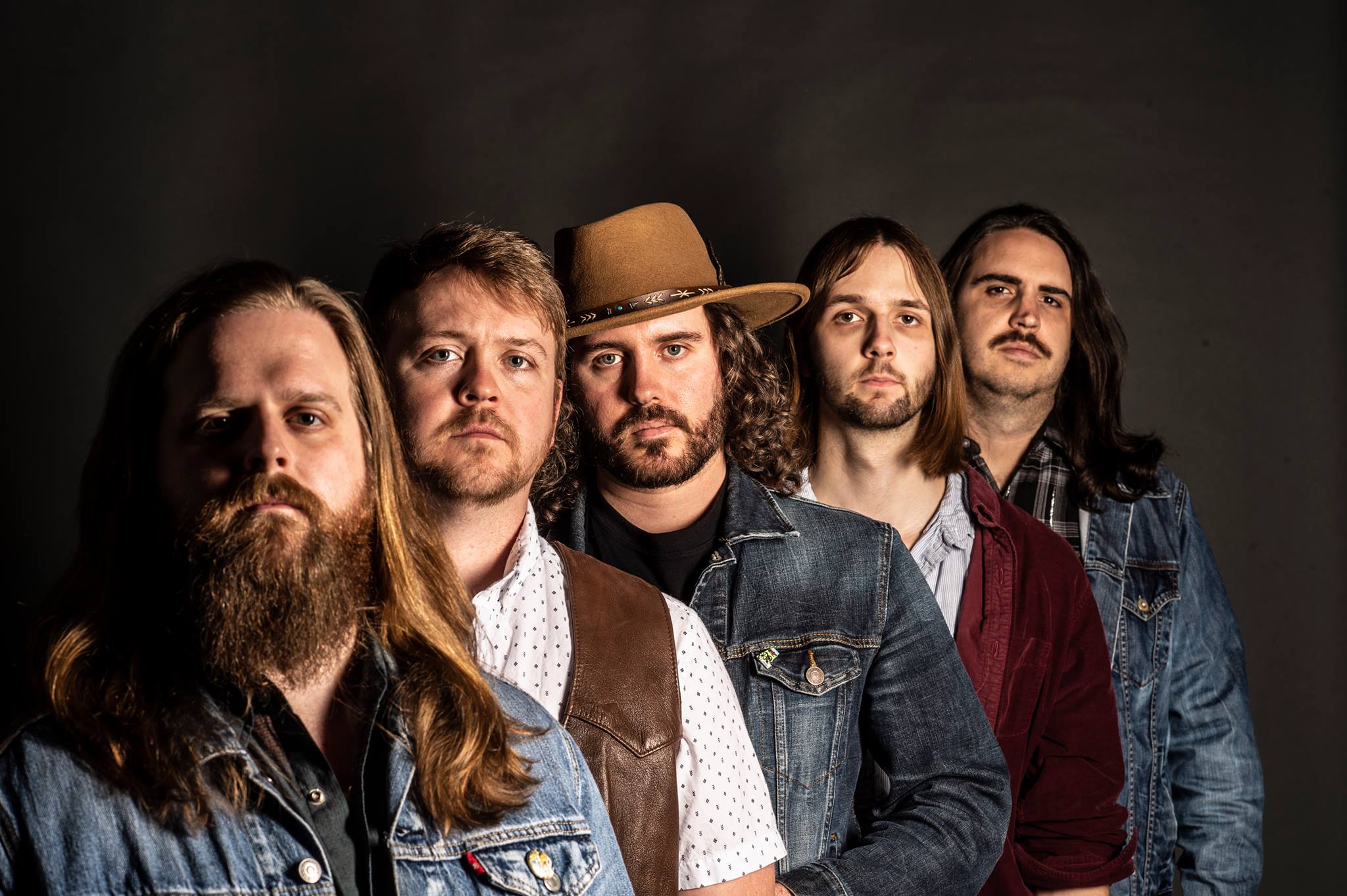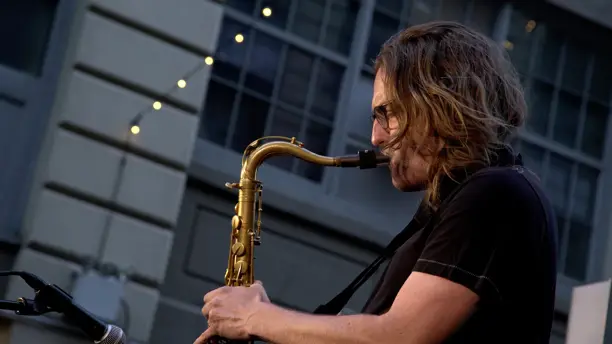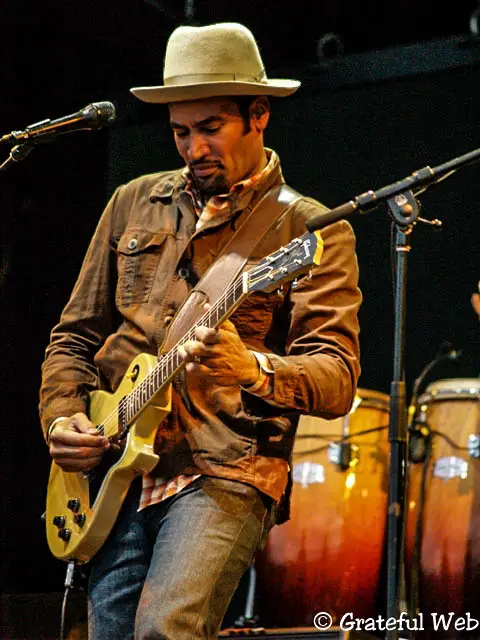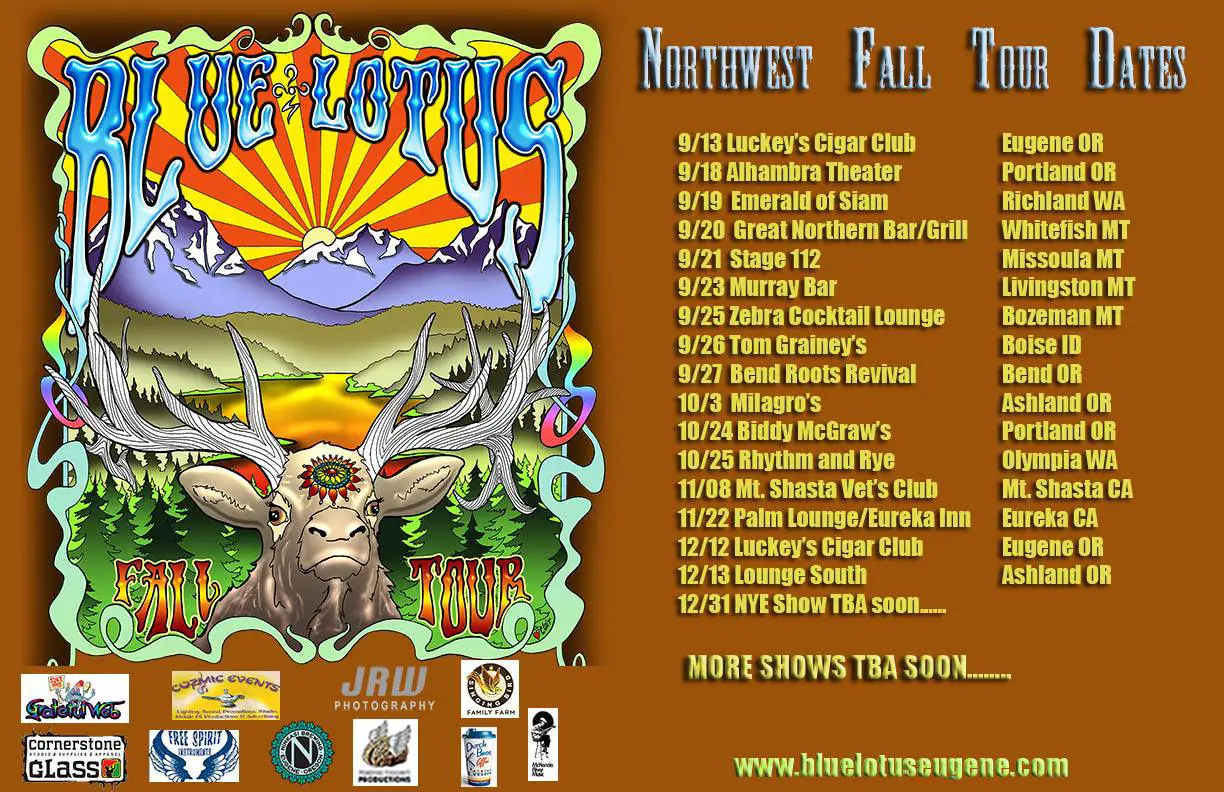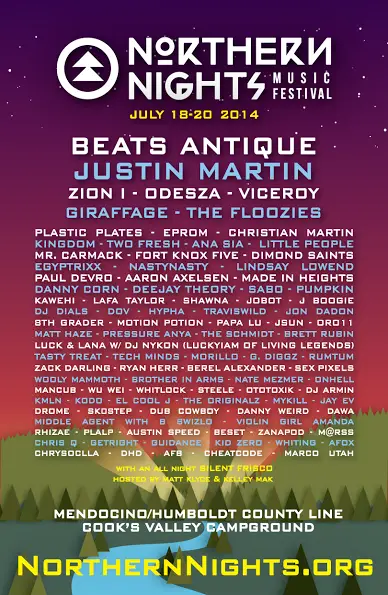I grew up in a time when being liberal was almost a moral imperative. My parents supported civil rights, women's rights, and opposed the war in Vietnam. And as best as I could tell, then and now, there weren't a lot of gray areas in those positions. The left clearly had the moral high ground, and my home state of Alabama, in the 1960s, was arguably the front line in the battle for social change.
Yet, my parents didn't march with King or join in any organized protests. They just quietly stood up, every day, for what was right. They helped build churches and playgrounds, installed plumbing and electric in black neighborhoods, respectfully voiced their "radical" opinions, and steadfastly refused to be intimidated by the Klan or anyone else.
If they were afraid, they never showed it. Probably because, being locals, they weren't. In the absurd intimacy of a small southern town, the guy who wears the hood on Saturday night is the same person who fixes your car on Monday morning. There isn't room to build fences - only bridges - and my parents always showed kindness to those whose views were different. They understood that someone's ideology is a complex recipe of birth circumstances and life experiences that shouldn't obscure who they are as a person.
It is a lesson I never forgot, though I came to believe that the left did. Perhaps buoyed by the moral righteousness of those years, the left expanded its focus into a whole host of issues that held, at least to me, a lot of gray areas. From global warming to abortion, there was bad science being touted as truth, and the messages were often inconsistent and confusing. We were encouraged to support personal privacy but not private property rights, protect squirrels but not fetuses. And if you dared to disagree, you were labeled a fool and mocked by celebrities on late-night talk shows.
By contrast, the right seemed to have a clearer message. Their focus was family, hard work, personal accountability, fiscal restraint, and entrepreneurship. As a young parent and small business owner, this message resonated with me. Not that I embraced the whole package, but more and more, I found myself at odds with the left, which seemed to be a bloated, bureaucracy-loving, elitist machine, too enthralled by its own rhetoric to admit the failure of social programs that were well-intended but poorly executed.
Now, the same can be said about the right. Perhaps buoyed by the patriotism we all shared after 9/11, conservatives expanded their focus into a lot of gray areas, forgetting that human nature, in practice, doesn't function according to theory, especially in regions that we barely understand. And if you dared to disagree, you were labeled unpatriotic and mocked by self-righteous pundits on late-night talk shows.
Still, I believe that both sides are well-intentioned. There is no more inherent evil in wanting to spread democracy than there is in wanting to protect the ozone layer, balance the eco-system, or feed starving children in Africa. Yet, in all these cases - in all the attempts to save the world from itself - there are repercussions we cannot predict. Farmers lose their livelihoods, bad governments get richer while the poor continue to starve, and innocent people die.
Since neither side is particularly good at admitting their mistakes, it is our duty not to let the pendulum swing too far in either direction. Even from my somewhat limited view of history, I can see that political success leads to arrogance, and arrogance leads to extremes. And although I cannot speak for all conservatives (and certainly don't), I, for one, am relieved to see the pendulum swing left again.









